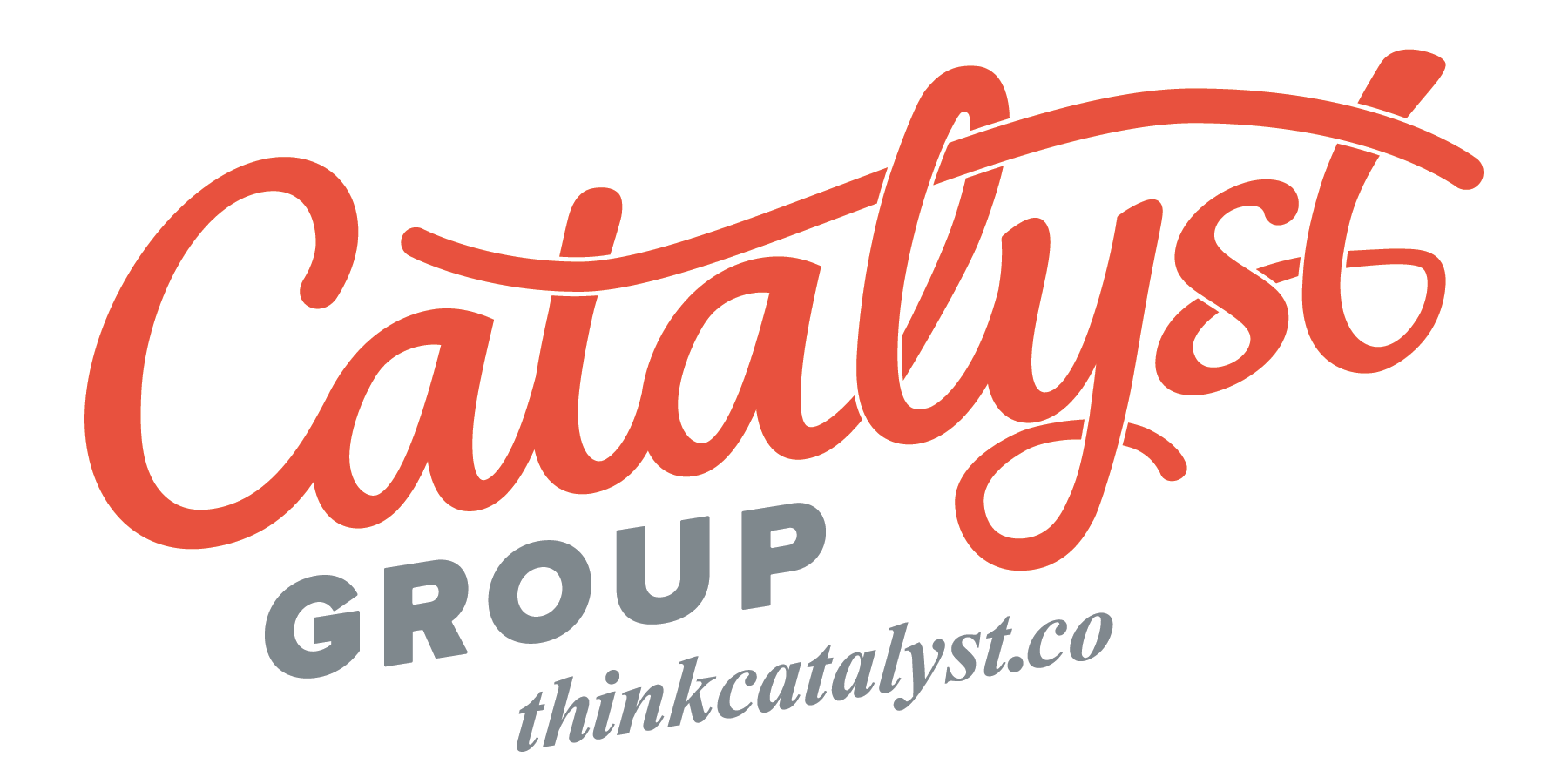Net Neutrality and What the Repeal Means for Americans
December 8, 2017
Scott Dine
Partner + Technical Director
3 min read
Net Neutrality and What the Repeal Means for Americans
Net Neutrality and What the Repeal Means for Americans
Is this the end of an open internet?
As of yet, nothing has happened to drastically change how the Internet functions, but below are two main possibilities that have companies and individuals alike concerned if they came to pass.
- Bundling
Many fear that with the rules forsaken, the internet will transform into a service similar to cable, where users must pay for access to additional channels or services. In some countries where net neutrality rules do not exist, such as Portugal, the concept of paying added fees to have access to social media sites, streaming platforms and more has already begun. - “Pay-to-Play” Deals
Both consumers and businesses alike are worried about the potential for paid prioritization on the Internet without regulations preventing such a policy. Many small businesses are concerned they will lose out to larger corporations who can afford to pay top dollar for quick speeds and easy access. Consumers, especially the growing remote working community in the US, are worried paid prioritization will slow user productivity and increase the costs of working from home or day-to-day usage.
One thing to keep in mind is that neither of these circumstances existed before the FCC established the regulations. Prior to 2015, large internet and media companies could have created a “fast lane” for companies willing to pay, and could have charged for access to certain sites, but they did not. There are many who believe that the removal of regulations could actually promote growth, better services and stronger competition, all of which could benefit the consumer.
A majority of the digital market share is already dominated by large companies such as Google, Amazon, Microsoft and more, so does repealing the regulations truly change the way the Internet will function? And, who’s to say the repeal will last in a nation with a constantly shifting political climate? Many companies may not be interested in revising their procedures or service offerings for a policy change that could only last a few years, which means that only time will tell how, or if, net neutrality will actually alter Internet functionality and consumer interaction.
Share this:

